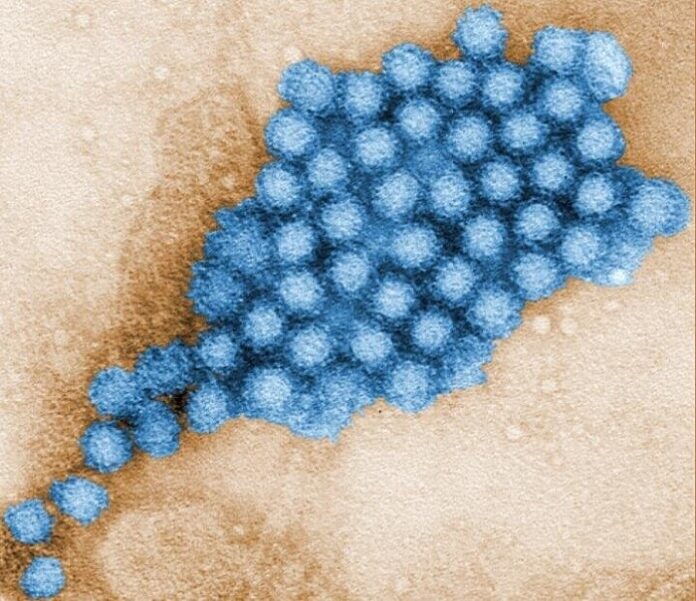Researchers from Baylor College of Medicine and the University of Texas MD Anderson Cancer Center have identified replication hubs for human norovirus, a breakthrough that could pave the way for developing effective antiviral therapies. The findings, published in Science Advances, reveal that the virus forms dynamic, liquid-like biomolecular condensates that serve as specialized replication factories.
Human norovirus, responsible for 685 million gastroenteritis cases and approximately 212,000 deaths globally each year, currently has no approved vaccines or antiviral treatments. The study focused on the pandemic strain GII.4, which causes most norovirus-related illnesses worldwide.
Key Findings:
- Replication Factories: Researchers demonstrated that the RNA-dependent RNA polymerase (RdRp) of norovirus drives the formation of biomolecular condensates, essential for viral replication. These condensates are highly dynamic, capable of merging, dividing, and exchanging materials with their surroundings.
- Biological Model: Utilizing advanced human intestinal enteroid cultures—mini-gut models replicating the human gastrointestinal tract—the team validated the presence of these replication hubs in human intestinal cells infected with norovirus.
- Mechanism Insight: The study revealed that these condensates allow segregation of ribosome-assisted translation and viral genome replication, a critical process for the virus’s survival.
Implications for Treatment:
The discovery highlights the potential of targeting these replication hubs to develop antiviral drugs for human norovirus, particularly beneficial for children and immunocompromised patients. The researchers also suggest that this replication mechanism might be common across various norovirus strains, broadening the scope of future therapies.
“This is a significant step forward in understanding human norovirus replication and offers exciting new avenues for therapeutic development,” said Dr. Mary Estes, a senior researcher on the project.
As reported by medicalxpress, the findings represent a promising stride in addressing the global burden of norovirus, providing a foundation for improved prevention and treatment strategies.
























